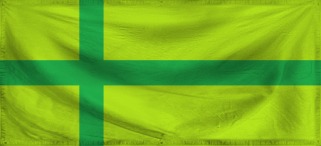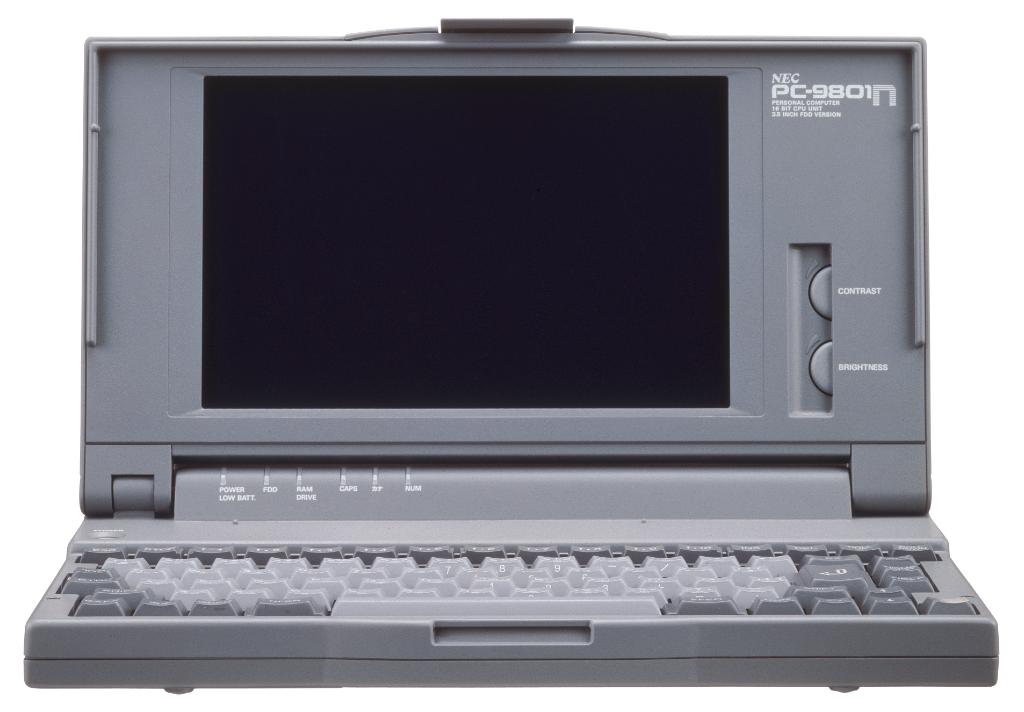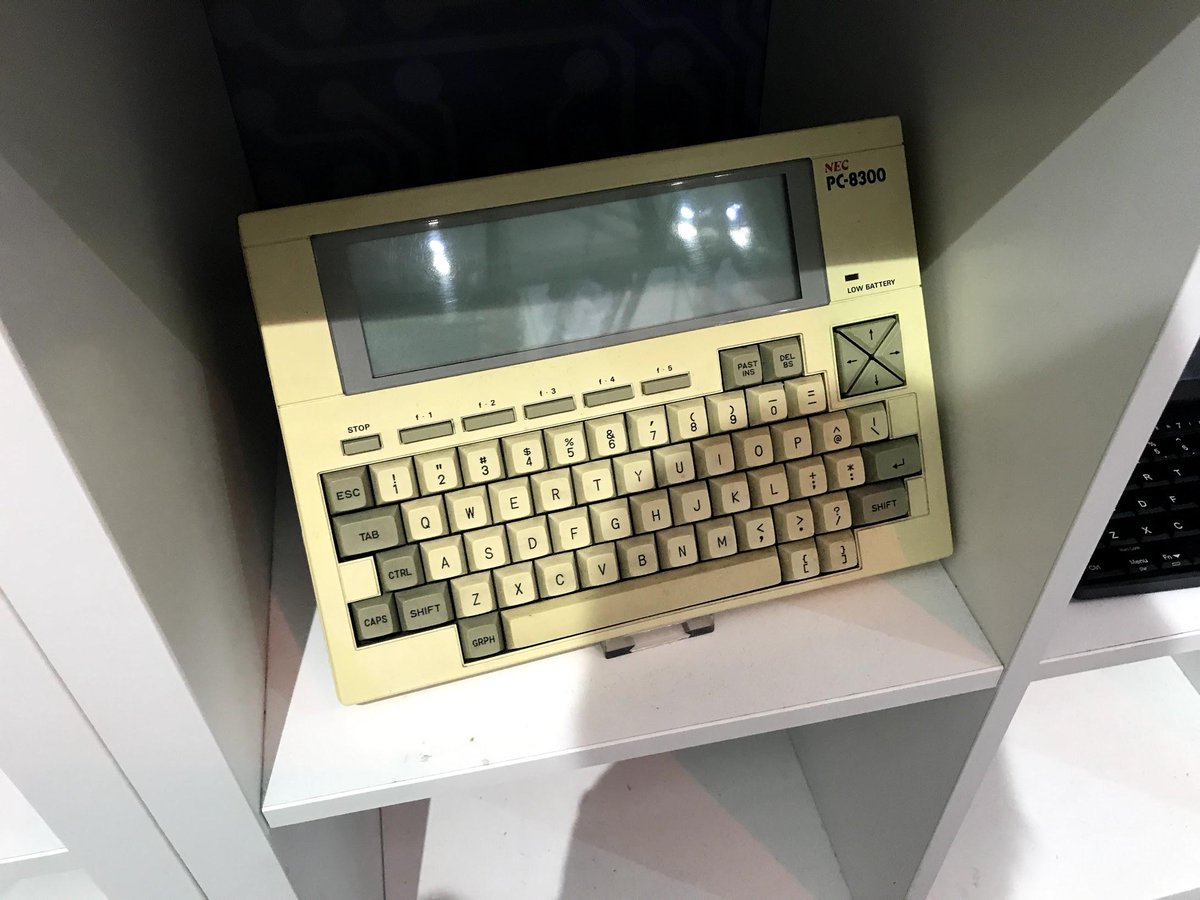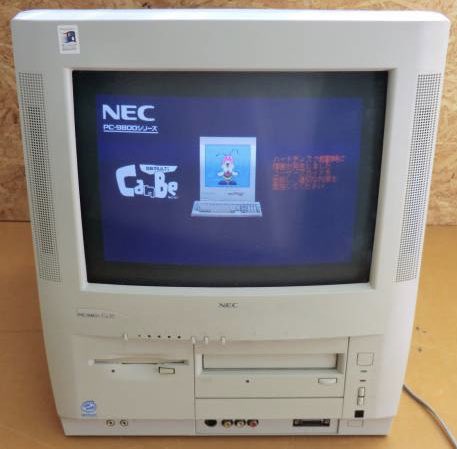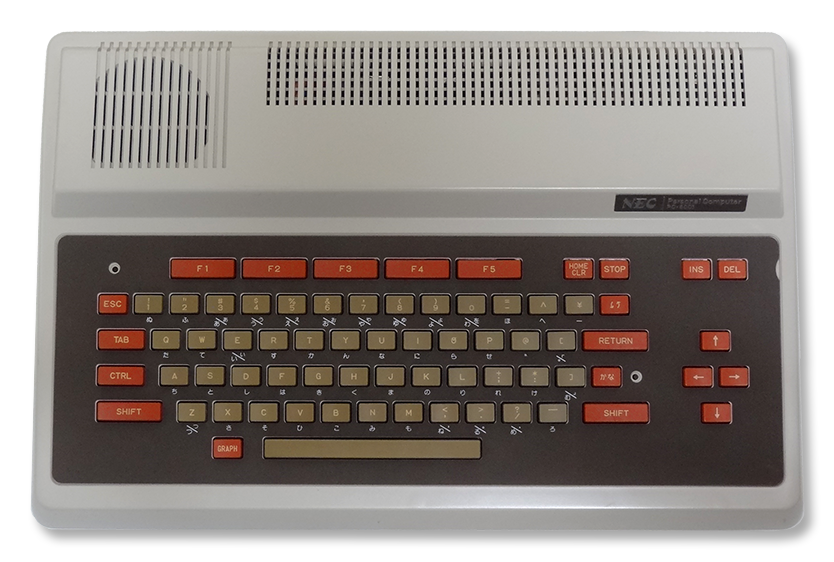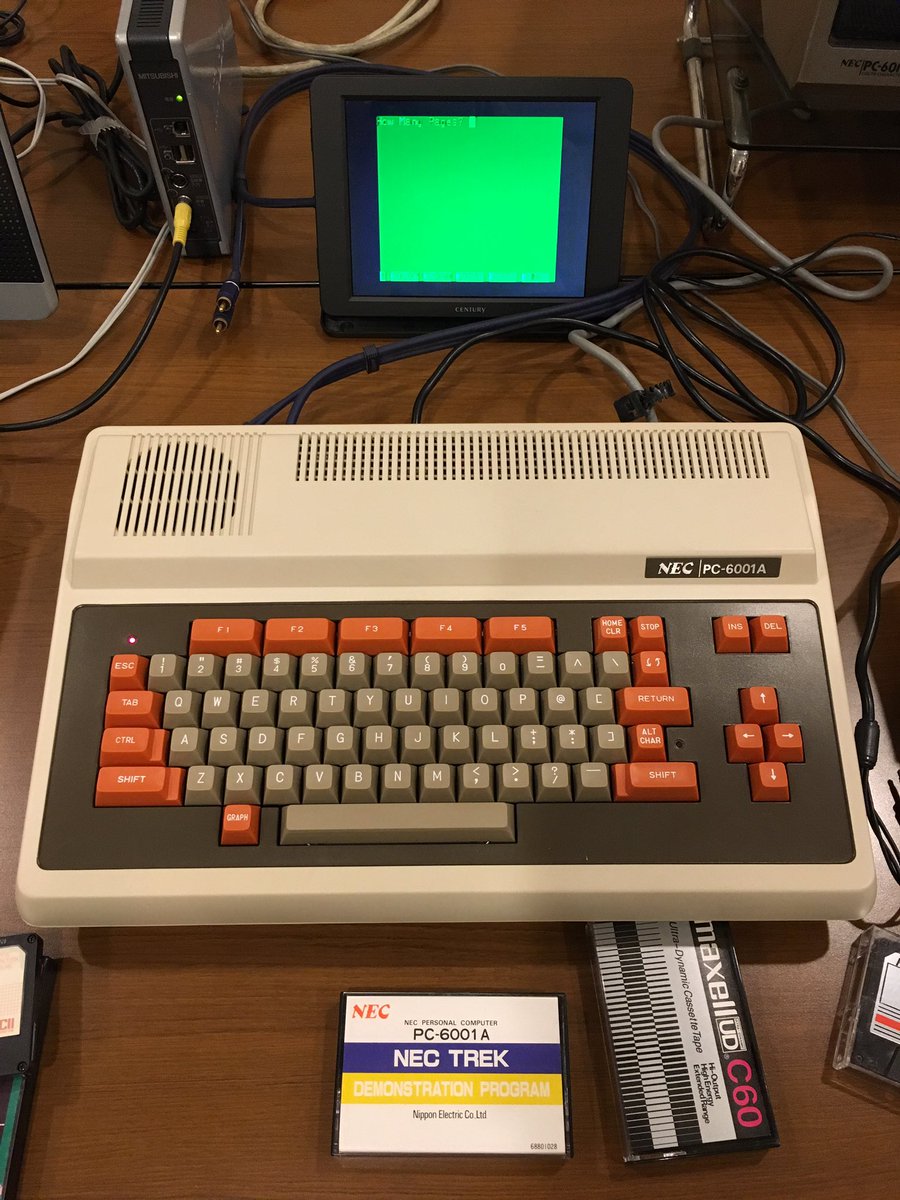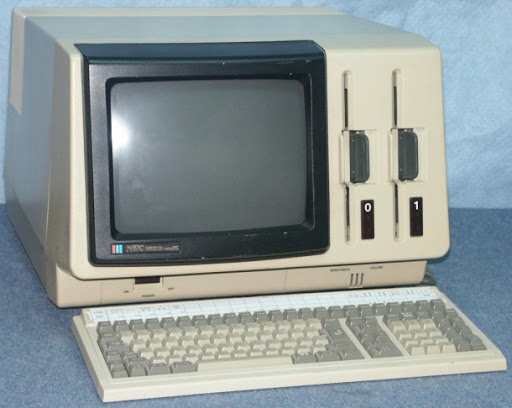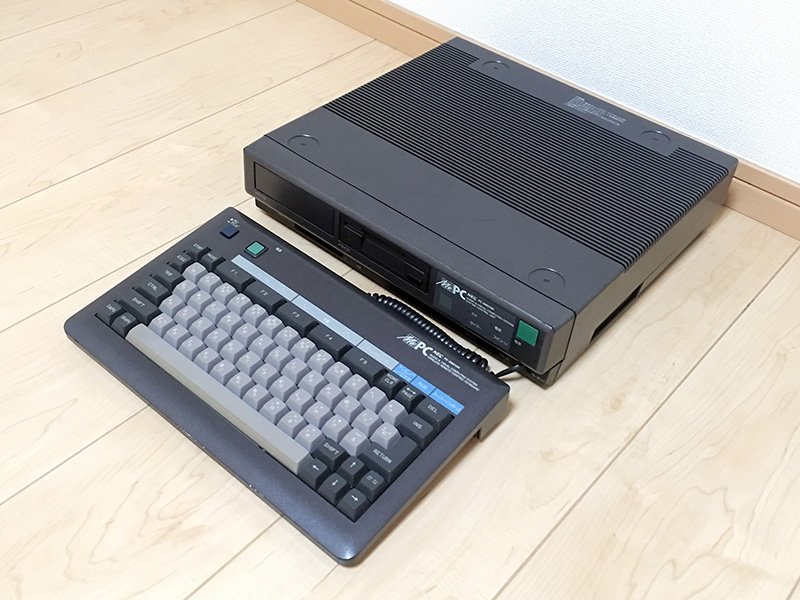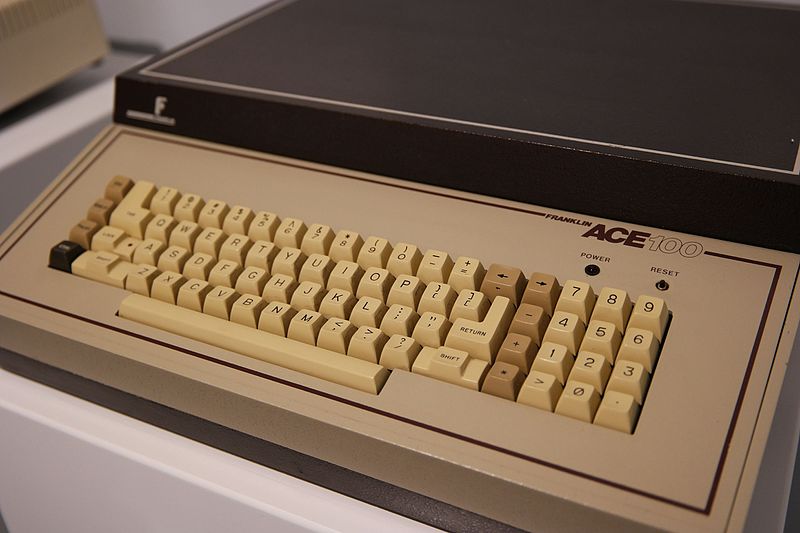Eletex AT-600 Plus
Developer: Eletex, Robrotron (Case Design)
Manufacturer: Robotron (Case Design and Components except Microprocessors and Chips), Computerized Components Incorporated (Microprocessors Manufactured by Intel, Chips Manufactured by CCI)
Type: PC/AT Clone, Personal Computer
Release Date: 1987
Introductory Price: Ԑ 4,000 (Fatiman Estanas)
Discontinued: 1990
Operating System: MS-DOS, Microsoft Windows 3.0-3.1
CPU: Intel 80386DX, 15 MHz
Sound: PC Speaker (Beeper), Sound Cards (Optional)
Memory: 512 KB to 20 MB
Predecessor: Eletex AT-500

